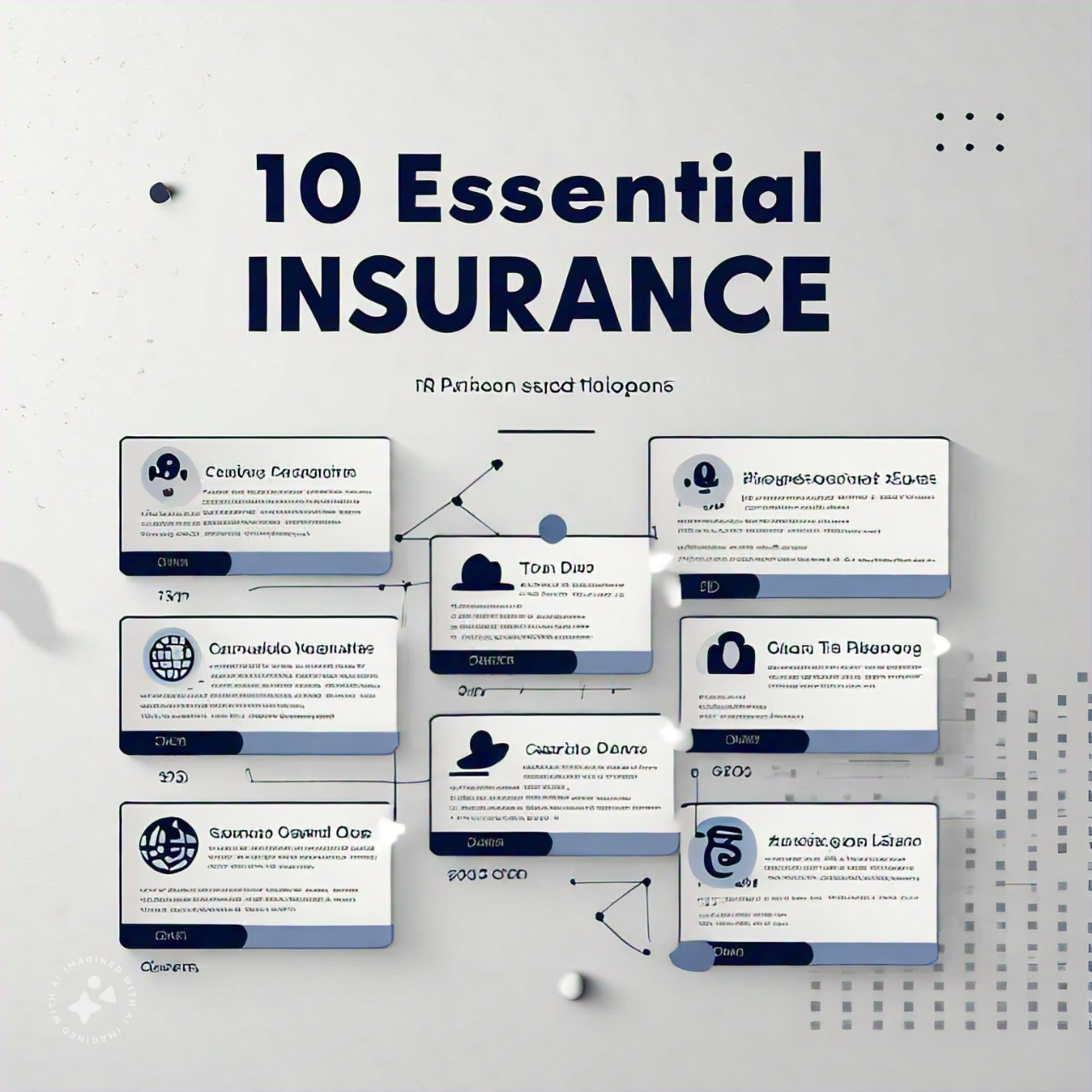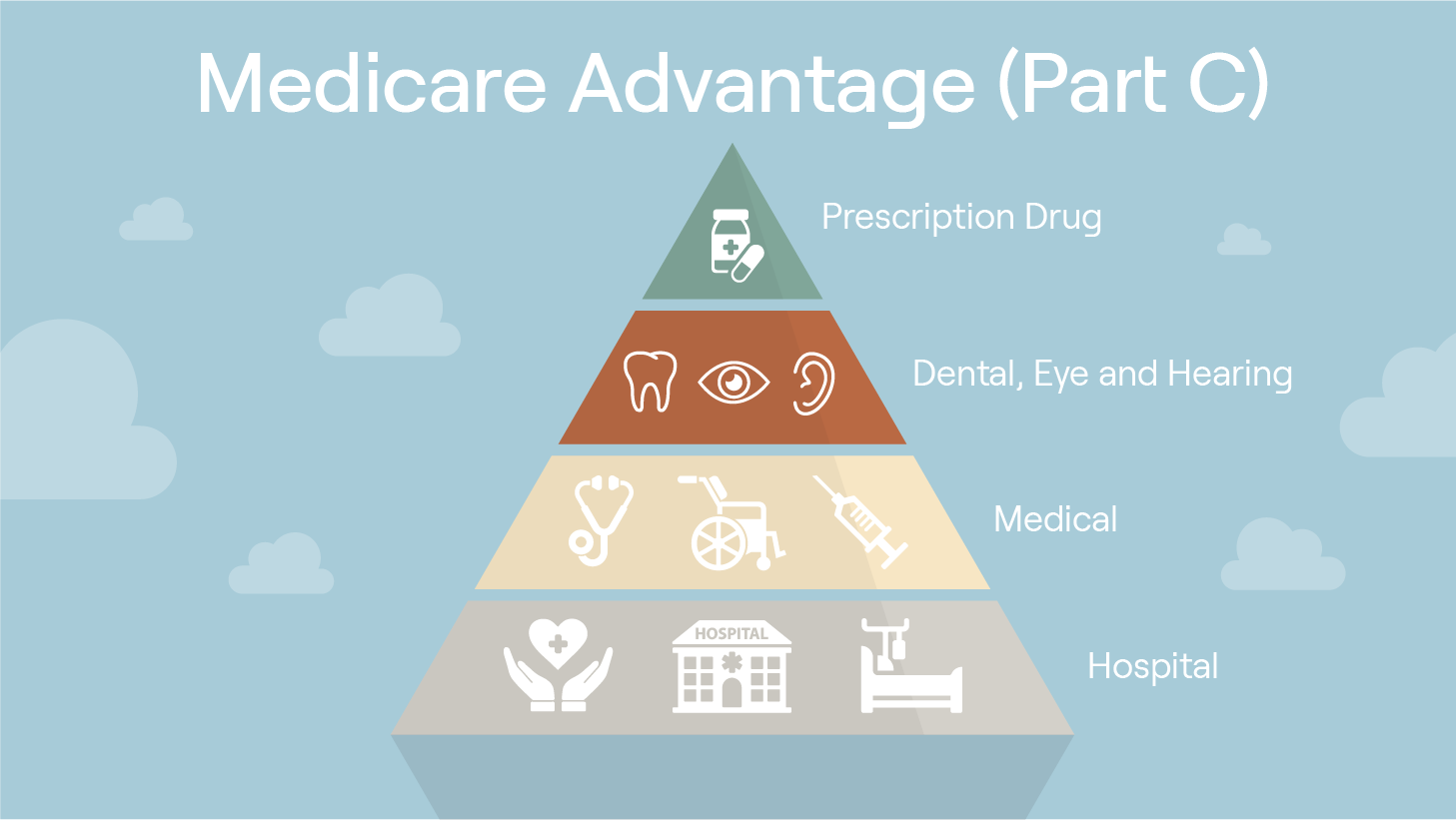How Much Does 100k Whole Life Insurance Cost?
Whole life insurance is a type of permanent life insurance that provides lifelong coverage to the policyholder, as long as premiums are paid on time. One of the most common questions people ask when considering whole life insurance is, “How much does 100k whole life insurance cost?” In this article, we will discuss the factors that determine the cost of whole life insurance and provide a breakdown of the average cost of 100k whole life insurance policies.
Table of Contents
- Introduction
- What is Whole Life Insurance?
- How Does Whole Life Insurance Work?
- Factors that Affect the Cost of Whole Life Insurance
- Average Cost of 100k Whole Life Insurance
- Sample Quotes for 100k Whole Life Insurance
- Tips for Buying 100k Whole Life Insurance
- Advantages and Disadvantages of 100k Whole Life Insurance
- Conclusion
- FAQs
1. Introduction
Whole life insurance is a popular choice for people who want lifelong protection and a guaranteed death benefit payout. It is an attractive option for those who are looking for a permanent policy that will never expire or need to be renewed.
However, one of the biggest concerns for potential policyholders is the cost of whole life insurance. Specifically, how much does it cost to get a 100k whole life insurance policy? In this article, we will explore the factors that determine the cost of whole life insurance and provide a breakdown of the average cost of 100k whole life insurance policies.
2. What is Whole Life Insurance?
Whole life insurance is a type of permanent life insurance that provides coverage for the policyholder’s entire life, as long as premiums are paid on time. Unlike term life insurance, which only provides coverage for a specified period, whole life insurance offers a guaranteed death benefit payout and builds cash value over time.
3. How Does Whole Life Insurance Work?
Whole life insurance works by combining a death benefit with an investment component. The policyholder pays a premium, and a portion of that premium goes towards the death benefit, while the other portion goes towards the cash value.
Over time, the cash value of the policy grows tax-deferred, and the policyholder can borrow against it or use it to pay premiums. If the policyholder dies, the death benefit is paid out to the beneficiary tax-free.
4. Factors that Affect the Cost of Whole Life Insurance
The cost of whole life insurance is determined by several factors, including:
Age
Age is one of the most significant factors that affect the cost of whole life insurance. Younger policyholders generally pay lower premiums than older policyholders because they are considered less of a risk.
Health
The policyholder’s health also plays a significant role in determining the cost of whole life insurance. Those who are in good health will generally pay lower premiums than those who have health issues or a history of medical problems.
Gender
Gender is another factor that can affect the cost of whole life insurance. Women generally pay lower premiums than men because they have a longer life expectancy.
Lifestyle Habits
Certain lifestyle habits, such as smoking or heavy drinking, can also affect the cost of whole life insurance. Those who engage in these activities are considered higher risk and may pay higher premiums.
Coverage Amount
The amount of coverage that the policyholder needs will also affect the cost of whole life insurance. Generally, the higher the coverage amount, the higher the premium.
5. Average Cost of 100k Whole Life Insurance
The average cost of 100k whole life insurance varies depending on the policyholder’s age, health, gender, and lifestyle habits. However, according to our research,
the average cost of a 100k whole life insurance policy for a healthy 35-year-old male non-smoker is around $120 per month, while the average cost for a healthy 35-year-old female non-smoker is around $100 per month.
As the policyholder gets older, the cost of 100k whole life insurance increases. For example, the average cost for a healthy 50-year-old male non-smoker is around $300 per month, while the average cost for a healthy 50-year-old female non-smoker is around $250 per month.
It’s important to note that these are just averages, and the cost of 100k whole life insurance can vary widely depending on the policyholder’s individual circumstances.
6. Sample Quotes for 100k Whole Life Insurance
To give you an idea of what 100k whole life insurance might cost for your specific situation, we’ve gathered some sample quotes from top insurance companies:
- State Farm: A healthy 35-year-old male non-smoker can expect to pay around $120 per month for a 100k whole life insurance policy with State Farm.
- Allstate: A healthy 35-year-old female non-smoker can expect to pay around $100 per month for a 100k whole life insurance policy with Allstate.
- New York Life: A healthy 50-year-old male non-smoker can expect to pay around $300 per month for a 100k whole life insurance policy with New York Life.
- Northwestern Mutual: A healthy 50-year-old female non-smoker can expect to pay around $250 per month for a 100k whole life insurance policy with Northwestern Mutual.
7. Tips for Buying 100k Whole Life Insurance
When shopping for 100k whole life insurance, there are a few things to keep in mind to ensure that you get the best policy for your needs and budget:
- Compare quotes from multiple insurance companies to find the best rates and coverage options.
- Consider your current and future financial needs when choosing a coverage amount.
- Check the financial stability and reputation of the insurance company before purchasing a policy.
- Be honest about your health and lifestyle habits to ensure that you get an accurate quote.
- Consider working with a licensed insurance agent or financial advisor to help you navigate the process and make an informed decision.
8. Advantages and Disadvantages of 100k Whole Life Insurance
Like any type of insurance policy, 100k whole life insurance has its advantages and disadvantages. Here are some to consider:
Advantages
- Guaranteed death benefit payout
- Builds cash value over time
- Provides lifelong coverage
- Premiums are fixed and do not increase over time
- Can be used as collateral for loans
Disadvantages
- Higher premiums compared to term life insurance
- Cash value growth is slow in the early years of the policy
- Limited investment options
- May not be necessary for those who have sufficient assets and savings
9. Conclusion
The cost of 100k whole life insurance varies depending on several factors, including age, health, gender, lifestyle habits, and coverage amount. While the average cost for a healthy 35-year-old male non-smoker is around $120 per month, the cost can vary widely depending on individual circumstances.
When shopping for 100k whole life insurance, it’s important to compare quotes from multiple insurance companies and consider your current and future financial needs. Working with a licensed insurance agent or financial advisor can also help you make an informed decision.
10. FAQs
- Can I get a 100k whole life insurance policy if I have health issues?
Yes, but the cost of the policy may be higher.
- Can I borrow against the cash value of my 100k whole life insurance policy?
Yes, you can borrow against the cash value of your policy, but it will reduce the death benefit payout if the loan is not repaid.
- Is 100k whole life insurance the right choice for everyone?
No, it depends on your individual financial needs and circumstances. If you have sufficient assets and savings, you may not need 100k whole life insurance.
- Can I convert my term life insurance policy to whole life insurance?
Yes, many insurance companies offer the option to convert a term life insurance policy to a whole life insurance policy.
- Can I change the coverage amount of my 100k whole life insurance policy?
Yes, you can typically increase or decrease the coverage amount of your whole life insurance policy, but it may require a medical exam and an adjustment of premiums.
In summary, 100k whole life insurance is a type of permanent life insurance that provides lifelong coverage and builds cash value over time. The cost of a 100k whole life insurance policy varies depending on several factors, including age, health, gender, lifestyle habits, and coverage amount. When shopping for 100k whole life insurance, it’s important to compare quotes from multiple insurance companies and consider your current and future financial needs. While 100k whole life insurance may not be necessary for everyone, it can be a valuable financial tool for those who want guaranteed death benefit protection and long-term cash accumulation.
- Understanding the Three Main Types of Life Insurance
- The Different Types of Life Insurance Policies Explained
- How Much is a $1,000,000 Whole Life Policy?
- What are the Different Types of Life Insurance Policies?
- Term vs. Whole Life Insurance: What’s the Difference?
Benefits of Medicare Advantage for Veterans
Veterans and Medicare Advantage plans represent a crucial intersection of health- care services designed to enhance the medical coverage available…
10 Essential Insurance Tips to Protect Your Future
1. Assess your insurance needs based on income, assets, and dependencies. 2. Understand policy types: life, health, auto, home, and…
ACA 2025 Open Enrollment
The ACA 2025 Open Enrollment Period represents a pivotal opportunity for individuals and families to obtain health insurance coverage under…
Medicare Annual Enrollment Period 2025
The Medicare Annual Enrollment Period (AEP) for 2025 is a critical time for beneficiaries to review and adjust their Medicare coverage, running…
Medicare Advantage and the Nearing Annual Election Period
Medicare Advantage and the Nearing Annual Election Period Introduction Navigating Medicare can feel like trying to read a map written in a…
Understanding Medicare Advantage Plans
Understanding Medicare Advantage Plans Medicare Advantage plans have become a popular alternative for people who want more flexibility and comprehensive coverage…













